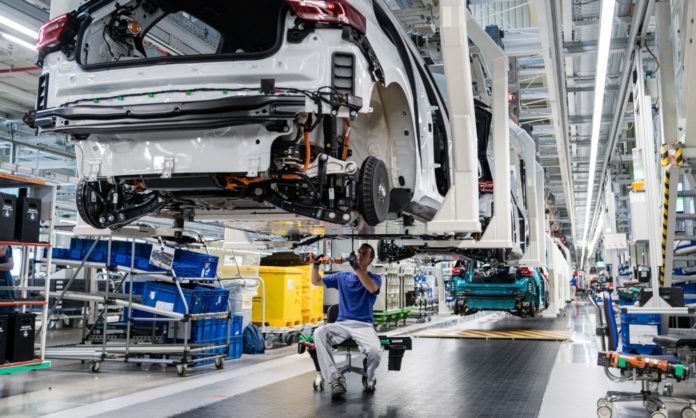In this current day and age, most electronic and mechanical products come with a host of gadgets and features added on. For every device, gadget, and process to work smoothly, everything is controlled through a microprocessor. These tiny, yet complex devices offer versatile technological capabilities to help control various functions within many devices, including cars. From the car’s internal temperature to other automated functions, these silicon chips work as the center through which all functions of the car are routed.
Due to the extensive adverse economic issues caused by COVID-19, economies worldwide slowly began recovering with the resumption of industrial and in turn, trade operations. However, an unprecedented observation was made. There was a wholly unexpected surge in demand which led to a severe shortage of microprocessors that circled back to car manufacturers who were unable to meet the growth in demand.
Pakistan’s automobile manufacturing sector faces the same scenario as observed globally. With the rapid increase in the demand and hence, production plants in Pakistan also faced challenges in sourcing the required microprocessors. Companies are racing against time and circumstance to catch up to the surge in the market demand and restore the flow of their disrupted supply chain processes and operations. Even Original Equipment Manufacturers that have arrived in the Pakistani market relatively recently and are in the process of establishing their operations are facing the impact caused by the chip shortage. International auto giants such as General Motors Company, Volkswagen, Toyota, Honda and Ford will be facing a loss of possible sales of over $ 61 billion this year alone.
The average lead time for fulfilling bulk orders has gone up from 12 weeks to 26 weeks which is a massive shift – which made delays near unavoidable, almost completely halting the manufacturing of electronic hardware. This, in turn, has led to a price hike in the electronic products market as well.
However, with this production crisis that the automobile industry is facing, especially with the ongoing advent and normalization of electric cars, industry leaders and governments are making a tumultuous effort to combat this crisis. Large-scale investment is being poured in, as stakeholders worldwide aim to add greater capacity for contingencies in the global supply of the microprocessor manufacturing industry. With the large scale efforts being made, along with the continuous demand, it is believed that the recession will be momentary and industries that are affected by the shortage in the supply of microprocessors will soon be operational at full efficiency.







































